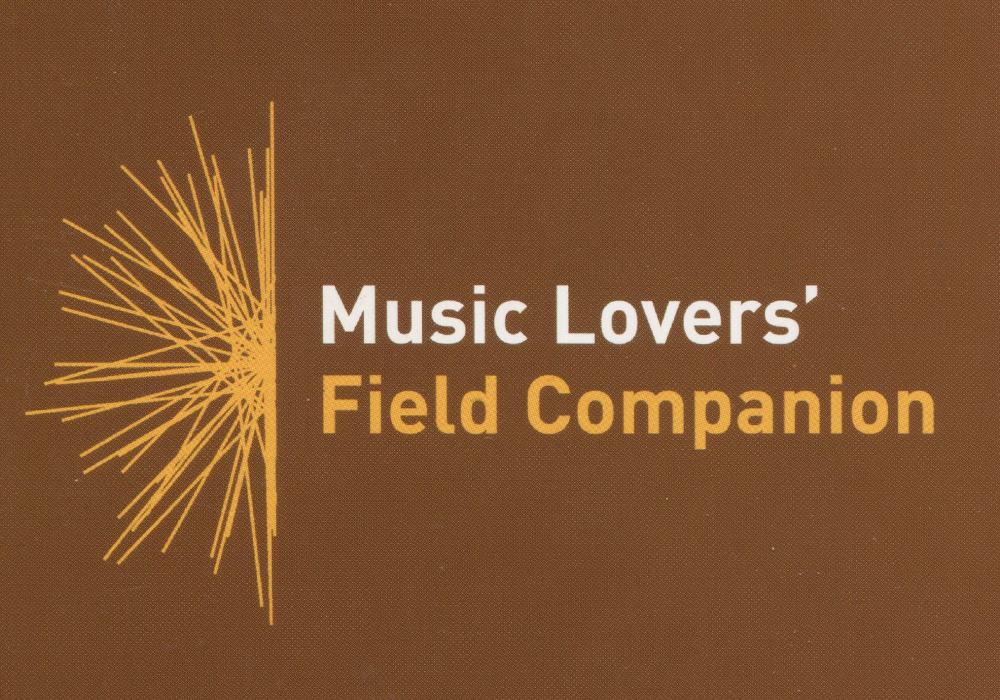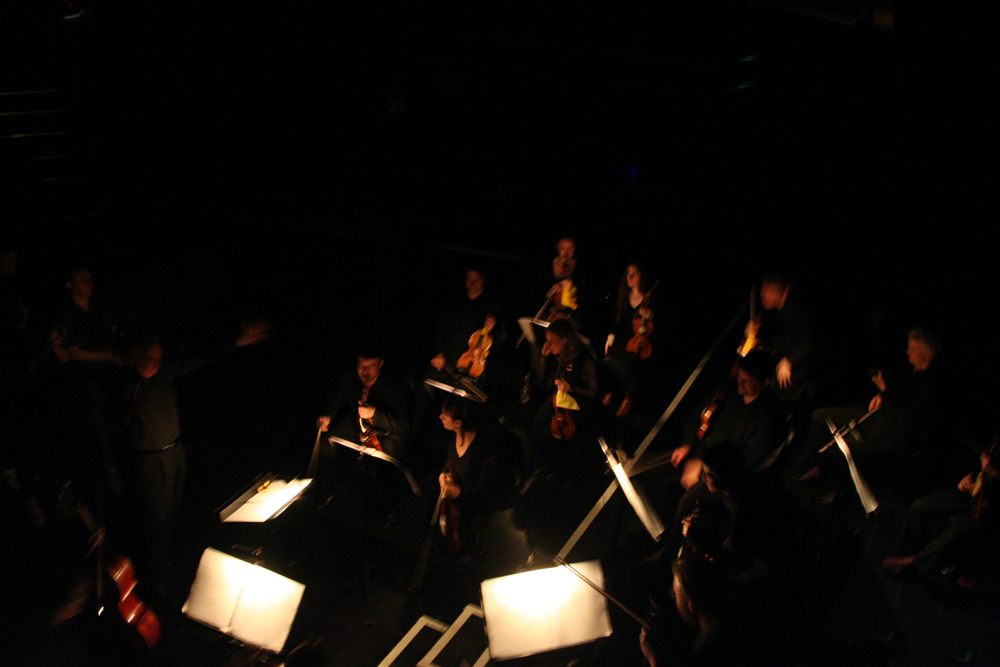
Support Not Separation
Ubuntu Women Shelter Legal Action for Women Recovering Justice
How do grassroots feminist organisations strategise relationships between mothers, parents, carers and their children based on respect and empowerment, in resistance to the practice of putting children in often the most uncaring of places – care.













